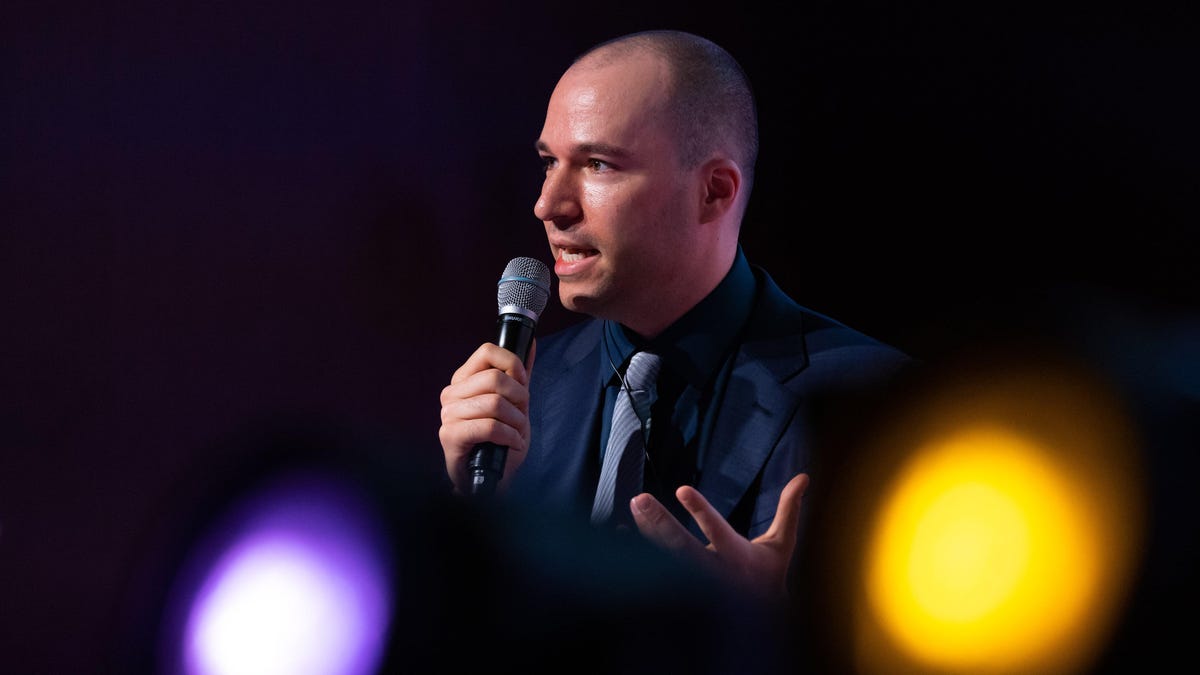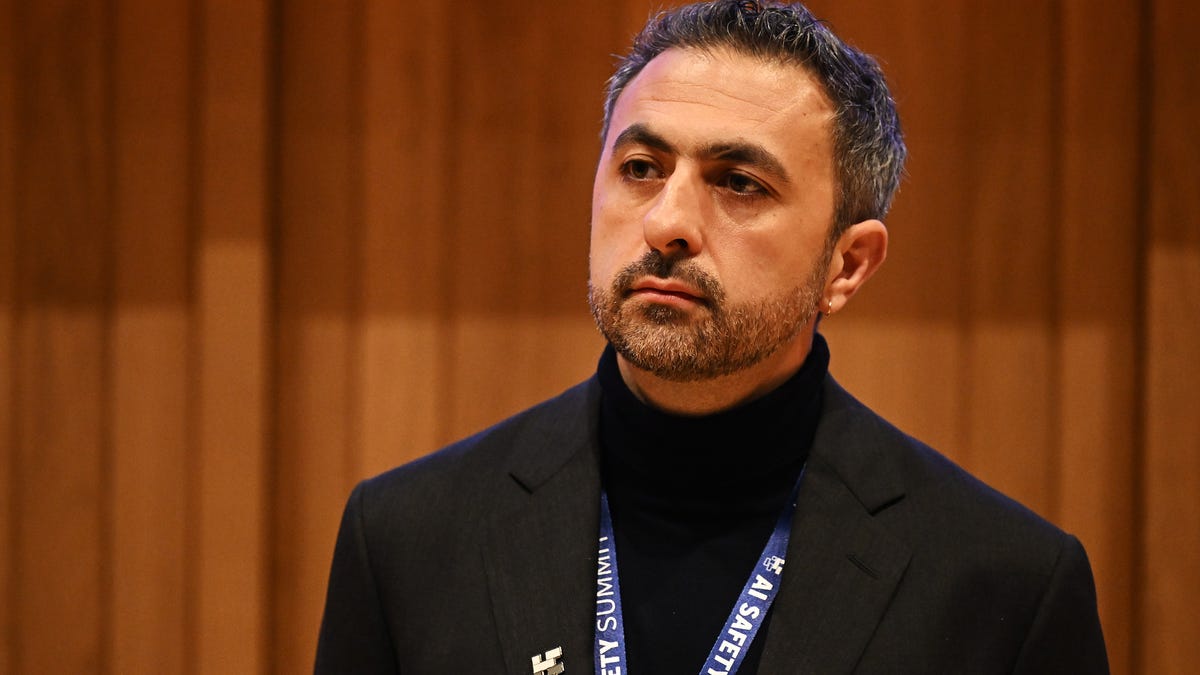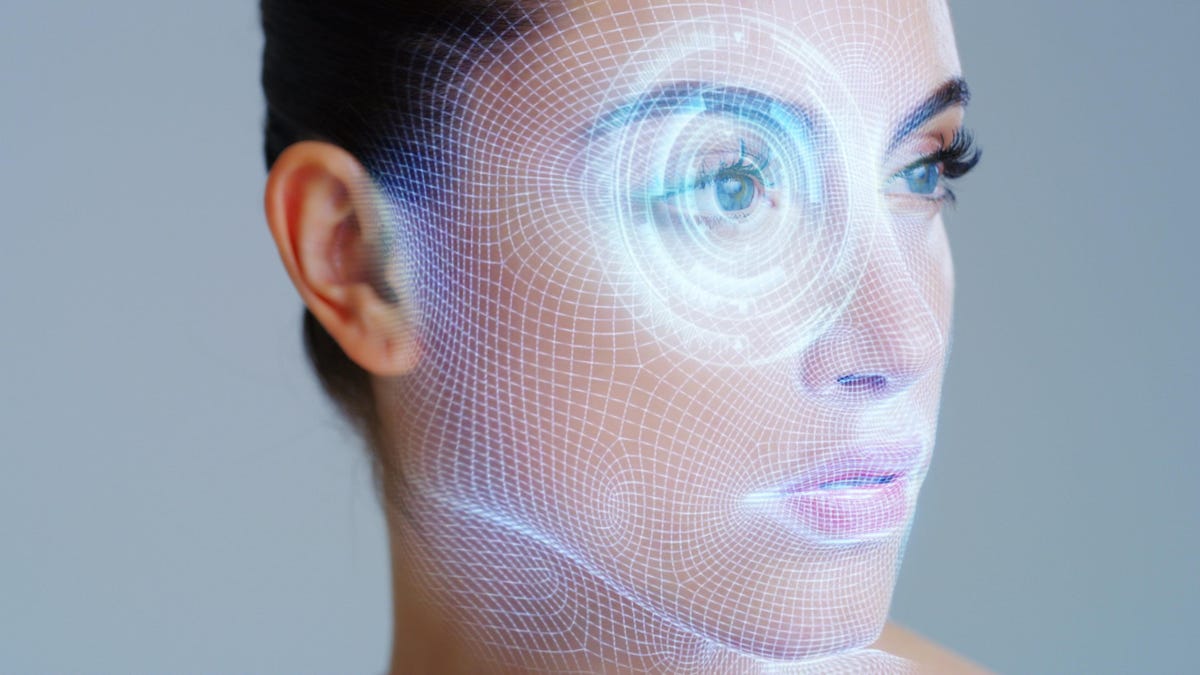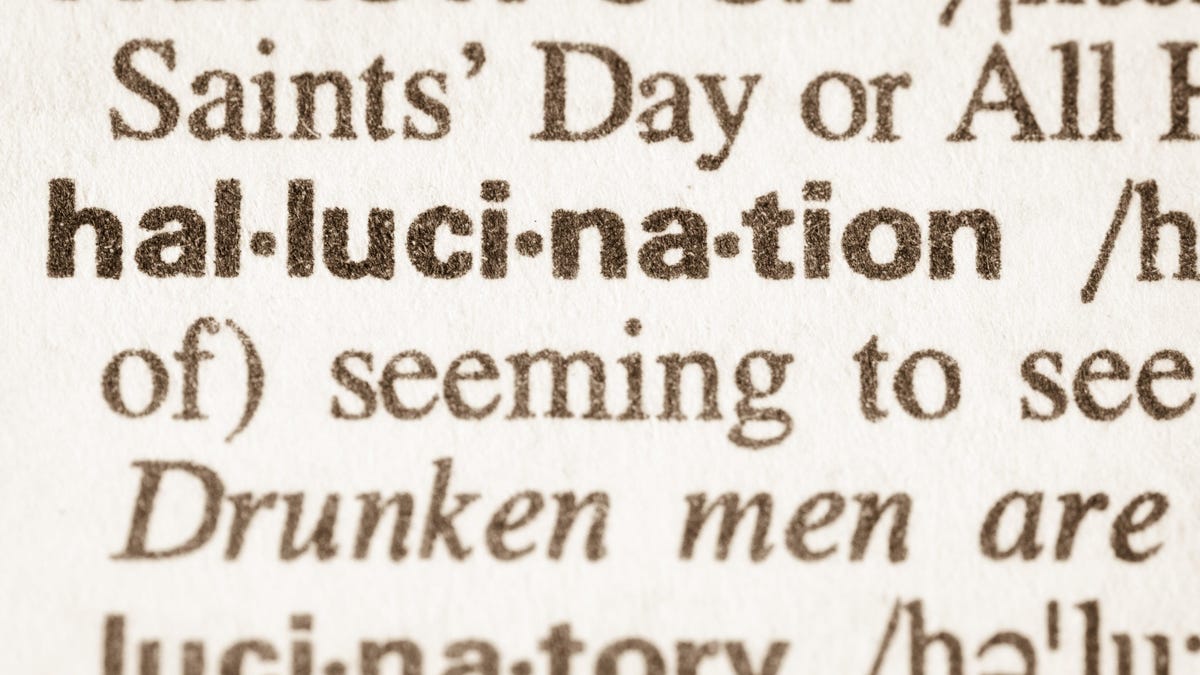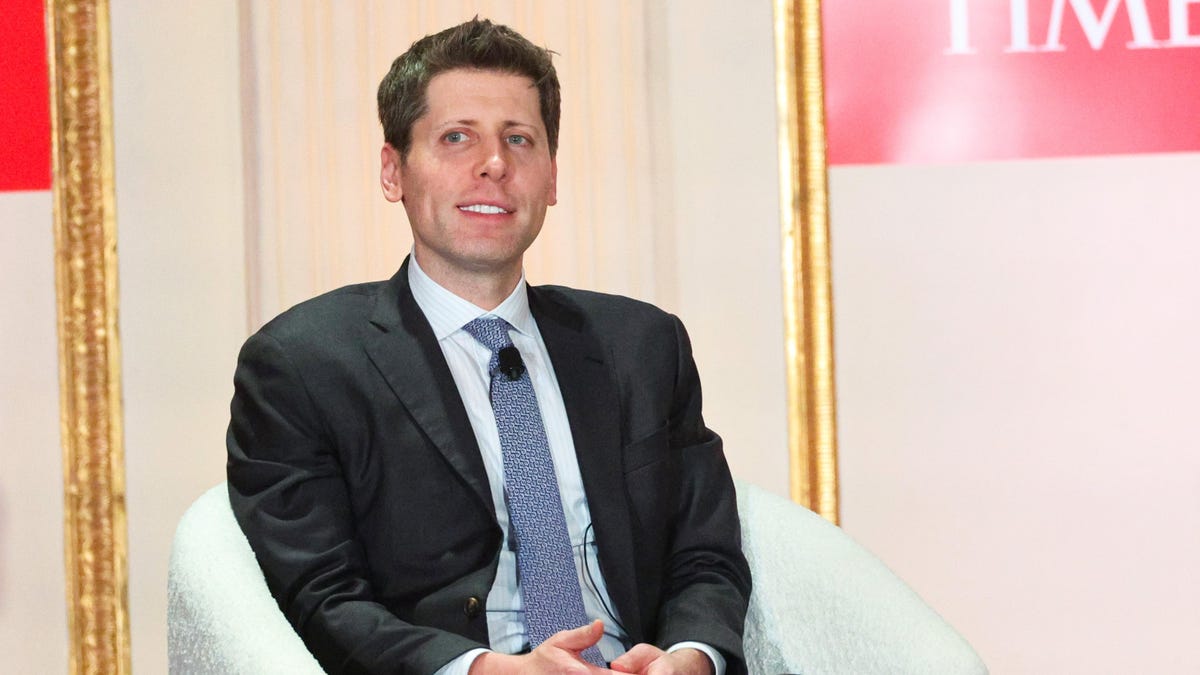OpenAI’s former President and Chairman Greg Brockman announced that ChatGPT Voice is now available to all users Tuesday afternoon. Users can now speak with ChatGPT, and it will talk back, announced Brockman on X, just days after OpenAI’s leadership was ousted.
“ChatGPT Voice rolled out for all free users. Give it a try — totally changes the ChatGPT experience,” said Brockman on X.
It’s chaotic times at OpenAI, and the state of its leadership seems to change every few hours. That’s not stopping the company from pumping out new features just in time for Thanksgiving. Users can now speak with ChatGPT on the app, and the artificial intelligence will speak back with a variety of voices. As of Monday, nearly all 750 employees at OpenAI have threatened to quit unless the board resigns and hires back Sam Altman and Greg Brockman.
A few of those 750 employees took to X to promote the new feature, including Head of Developer Experience Roman Huet, who said the team is “doing what we do best against all challenges—we’re shipping!” Another OpenAI employee, Steven Heidel, gave praise for his favorite voice: Breeze.
Users can choose between five voices: Juniper, Sky, Breeze, Ember, and Cove. All of the voices are much more human-sounding than Siri or Alexa, in both rhythm and intonation.
And Brockman is right, the feature completely changes the user experience on the platform. Where typing into a chatbot feels clunky and slow, ChatGPT Voice feels seamless, smooth, and conversational. The functionality is now free, despite previously only being available to paid users.
It’s a significant upgrade to the user experience, simply by removing the barrier of a keyboard. Tech analyst Ben Thompson found the experience of talking to ChatGPT Voice awe-inspiring, quickly finding himself falling into philosophical discussions with artificial intelligence.
“In the case of conversation, there is no effort required to talk to another human in person, or on the phone; to talk to them via chat is certainly convenient, but there is a much more tangible separation. So it is with ChatGPT,” said Thompson.
ChatGPT Voice was created using OpenAI’s voice technology, Whisper, which analyzes just a few seconds of a real person’s voice to generate infinite hours of conversations. Spotify is using OpenAI’s voice technology to translate Lex Friedman, Dax Shephard, and other podcasters into Spanish, French, and German.
In the midst of OpenAI’s troublesome week, ChatGPT Voice is a good reminder of the amazing technology coming out of OpenAI. Talking back and forth with artificial intelligence is a significantly different experience than writing back and for with it. How long we’ll be pointing to OpenAI as the standard bearer of cutting-edge features remains to be seen.

/cdn.vox-cdn.com/uploads/chorus_asset/file/24102584/m365app.jpg)
